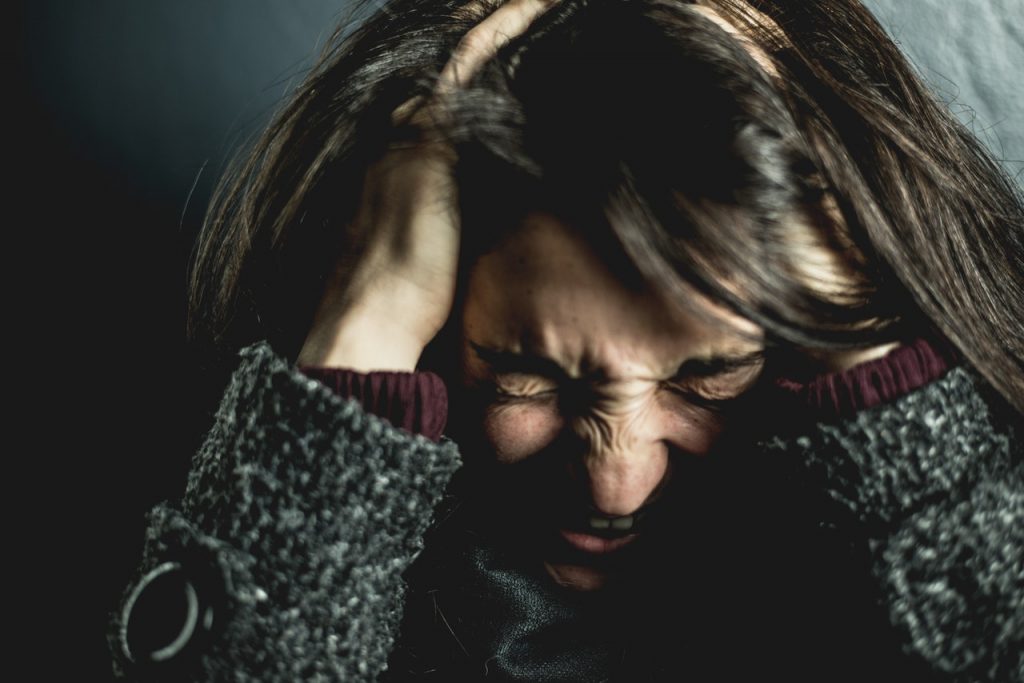Anxiety disorders are the most common type of mental health disorders in the United States. For the many Americans who live with anxiety, symptoms can be a near-constant problem. Anxiety can interfere with a person’s relationships, productivity, and self-image. That’s why it’s so important to take anxiety seriously, explain the experts at The Ross Center, which specializes in anxiety.
Taking anxiety seriously means working with mental health professionals to address the disorder and its symptoms. Through therapy and medication, those who suffer from anxiety can often find relief. But the work that it takes to beat anxiety doesn’t stop when you leave the therapist’s office or swallow a pill. To maximize your ability to fight anxiety, you’ll have to take a look at your own lifestyle.
Below, we’ll lay out ways in which you can combat the symptoms and sources of anxiety. Whether you’re suffering from a serious disorder and working with mental health professionals or are simply a little stressed out and looking for a way to keep things under control, these tips are for you.
Craft A Calming Personal Environment
Whether we realize it or not, the spaces within which we spend our time have a transformative effect on our mental health. Architects and psychologists alike have long realized this, and spaces as diverse as office buildings and Walmart stores are laid out with psychological goals. From the temperature of the air to the position of certain shelves and products, architecture, interior design, and related disciplines tweak different things to trigger different reactions.
In your own home, you can put this to work by crafting beautiful, functional, and soothing environments. Organize your home to reduce the stress associated with lost items and clutter. Decorate your space in a way that brings you joy; from Amish furniture to tasteful wall hangings, what you put in your space creates a mood that affects your own mood.
Pay particular attention to the spaces where you rest and work. An organized kitchen can encourage healthy eating habits, which will help your mental health. A dark, quiet, and comfortable bedroom can wake a world of difference in your sleep and can result in big mental health benefits.
Balance Life And Work (At Least Try)
Your home can help your mental health—but not if you’re at work all of the time! For many hard-working Americans, a lack of work/life balance is a huge source of anxiety. Working too hard for too long without breaks can wear down your mental health, triggering anxiety and burnout. Burnout is a mental health condition that is characterized by many of the same symptoms as are anxiety and depression.
Set boundaries and enforce them. Banish work from certain hours and certain areas. Keep your bedroom clear of work so that you can relax and sleep there. Avoid screens (and the emails on them) before bed. Take vacations, which can actually make you more productive in the long run. Do your best to let go of the fear and sense of shame that you may feel when you are not working (getting a therapist can be a big help with this part). Work is important, but your mental health is more important.
Take Anxiety Seriously
Making lifestyle changes is an important part of addressing anxiety. Still, it’s important to remember that our powers have limits. Anxiety disorders are mental health disorders, and health issues deserve the attention of experts. If you’re suffering from anxiety, don’t try to go it alone. Instead, turn to trained professionals who can help you with treatments like talk therapy and medication. If you treat your anxiety with the seriousness that it merits, then you’ll enjoy a happier and healthier life.

